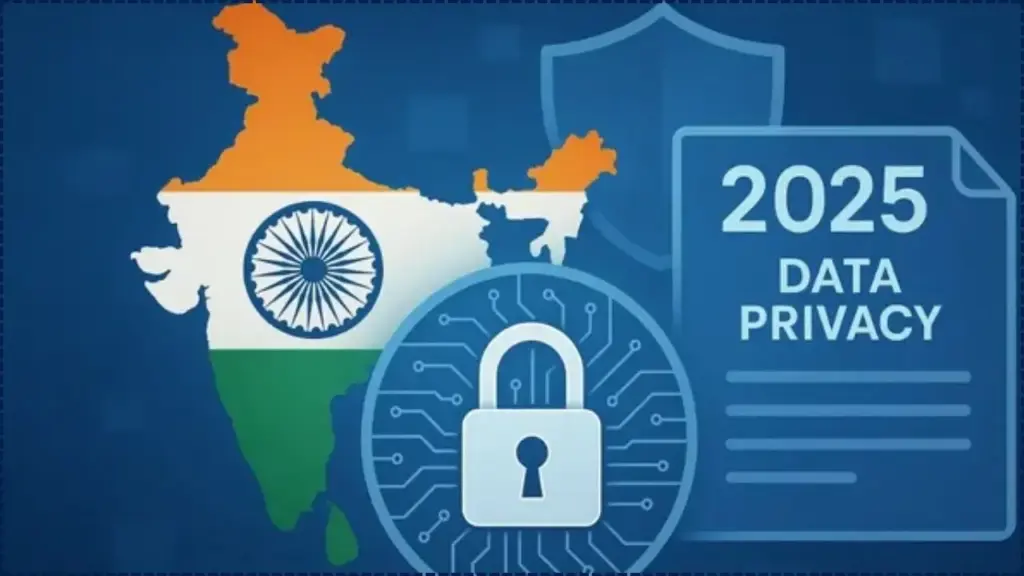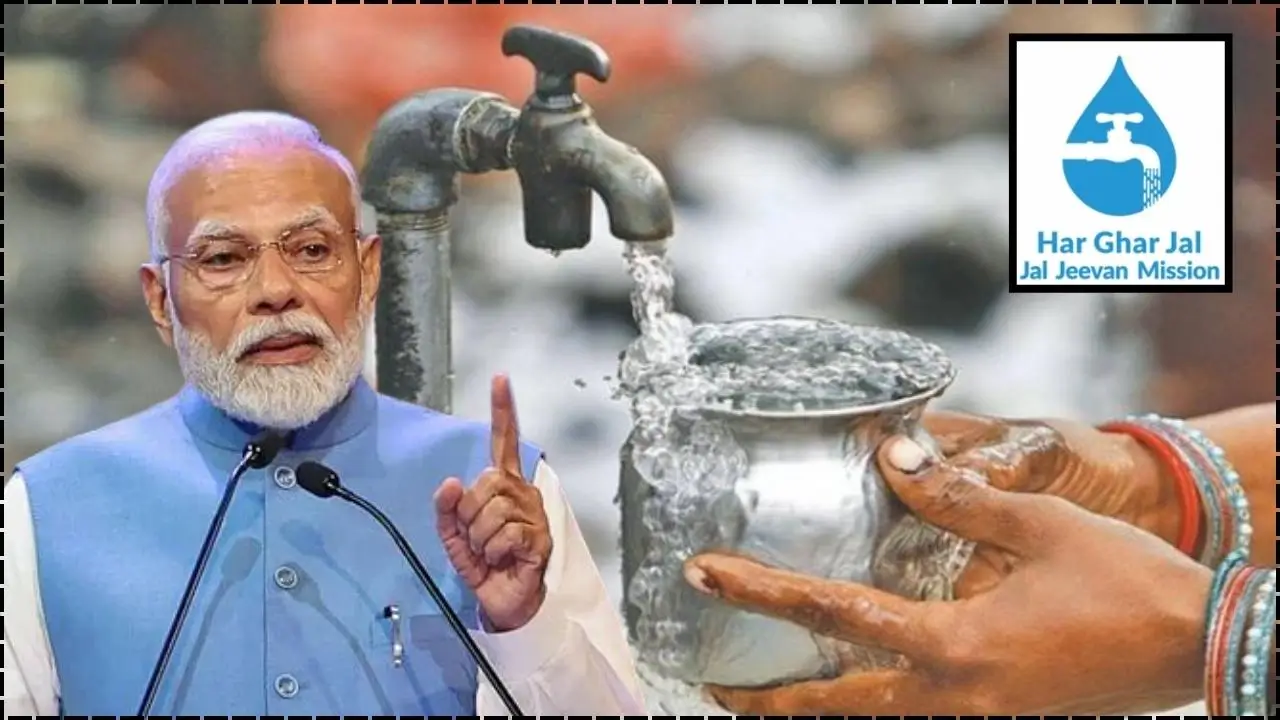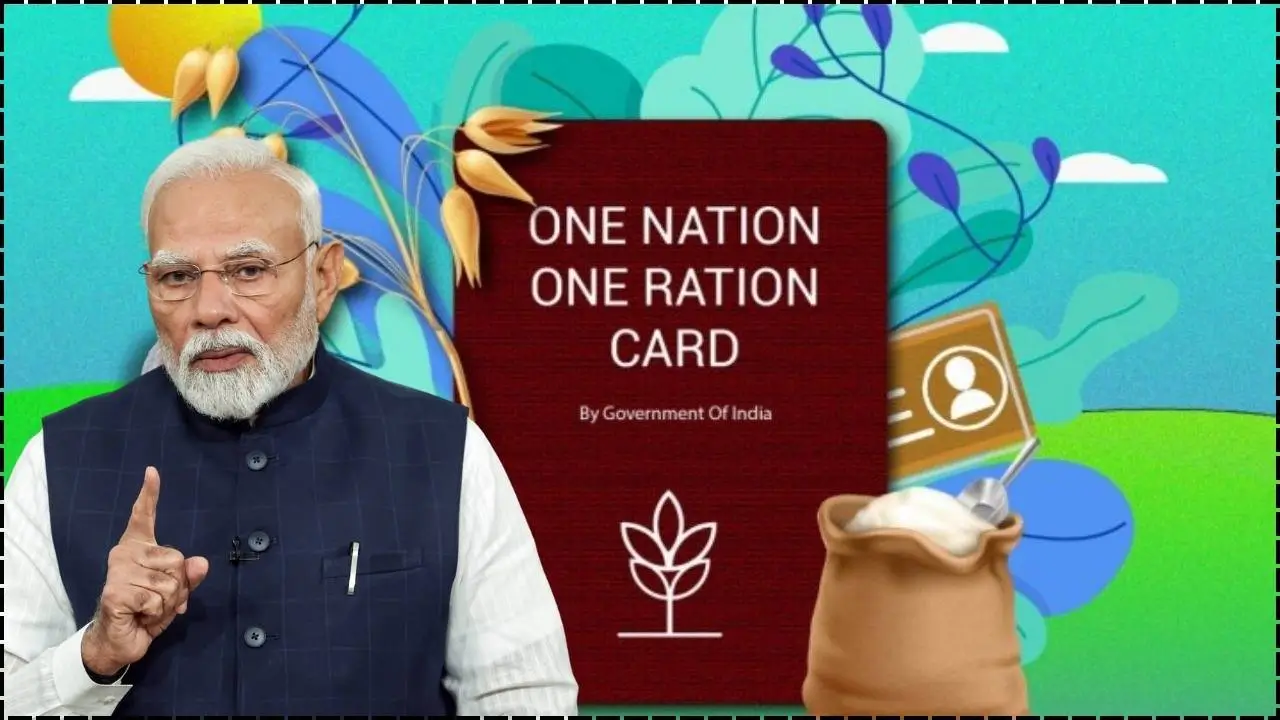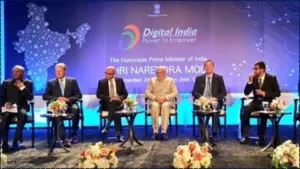The Digital Personal Data Protection Rules 2025 mark a compassionate and essential stride toward safeguarding the inherent right to privacy for every individual in India. This framework is not merely a legal formality; it is a foundational pillar that empowers citizens, granting them a sense of control and dignity over their personal information in the digital age.
By holding data handlers to strict standards and establishing clear timelines for implementation, the law promises to transform abstract principles into tangible protections. Ultimately, this act is about building a society where personal data is respected, where every citizen feels secure, and where technology serves the well-being and autonomy of all.

The Digital Personal Data Protection Rules 2025 (DPDP Rules), under India’s DPDP Act 2023, are set to provide citizens with stronger control over how their digital personal data is collected, processed, and secured. Key obligations, rights for individuals, and regulatory oversight will become clearer once the Rules are formally notified. As of September 2025, finalisation is imminent, and citizens should understand what is expected of them and data handlers.
What Are the DPDP Act & Rules?
Background: Digital Personal Data Protection Rules 2025 Legal Framework
- India passed the Digital Personal Data Protection Act, 2023 (DPDP Act) which received Presidential assent on 11 August 2023.
- The Act intends to regulate processing of digital personal data—data about individuals in digital form—and provide rights, obligations, and oversight mechanisms.
- The DPDP Rules 2025 are subordinate legislation that explain how matters in the Act will be implemented (e.g. consent rules, breach reporting, data fiduciary duties). Draft Rules were published for consultation in early 2025.
Where Things Stand: Implementation & Timelines
Current Status & Anticipated Notification
- As of mid-2025, many provisions of the DPDP Act are not yet in force. Notification (i.e. when different parts of the law begin to apply) is still pending.
- Draft Rules were released by Ministry of Electronics & IT (MeitY) for public feedback from 3 Jan 2025, deadline ~18 February 2025. Over 6,900 inputs were received.
- Recently, Ashwini Vaishnaw, Minister for Electronics and IT, announced that the administrative rules under the DPDP Act will be notified by 28 September 2025.
Key Rights & Protections for Citizens
What Citizens Will Be Able To Do Under the Rules
Once the Rules are notified, citizens (called Data Principals) can expect the following:
- Consent & Notice: Data fiduciaries must obtain explicit, informed, freely given consent before processing data. Notices must explain what data is collected, why, how long it is stored, and with whom it may be shared.
- Access, Correction & Erasure: Individuals will have rights to access their personal data, correct inaccuracies, and request deletion when the data is no longer needed.
- Withdrawal of Consent: Consent can be withdrawn at any time, in a manner comparable to how it was given.
- Grievance Redressal & Board Oversight: The Data Protection Board (DPBI) will handle complaints, oversee breaches, and enforce penalties.
- Special Protections for Children & Persons with Disabilities: More stringent obligations when handling data of minors or individuals unable to consent. Parental or legal guardian consent will often be required.
What Obligations Will Entities Have?
Duties of Data Fiduciaries & Processors (KW2 Compliance Obligations)
Entities that collect, use, or manage personal data will have to comply with:
- Security Measures: Use of encryption, secure storage, regular audits. Entities need “reasonable security safeguards” to prevent breaches.
- Breach Notification: In the event of a data breach, the fiduciary must inform the Data Protection Board and affected individuals. The draft Rules propose timelines (e.g. 72 hours after becoming aware).
- Minimisation & Retention: Collect only necessary data (data minimisation), and retain data only for as long as needed for the purpose. After that, data should be erased or anonymized.
- Transparency & Accountability: Entities must publish policies and notices, appoint Data Protection Officers (for Significant Data Fiduciaries), maintain records, provide contact points for individuals.
Areas Citizens Should Watch Closely
Gaps, Ambiguities & What to Monitor (KW3 Concerns)
While the draft Rules are broad, several areas remain under discussion or less clear:
- Exact timelines for different sections of the law coming into force are not finalized.
- “Reasonably practicable” & “data necessary” criteria are sometimes vague — stakeholders including the Centre for Internet & Society have flagged unclear definitions
- Cross-border transfers and data localisation: The draft Rules allow for international data flows, but may impose restrictions; trade associations have raised concerns about possible localisation requirements.
- Sunrise period / compliance grace period: Businesses (especially small/medium ones) require time to adjust infrastructure & processes. The Rules may allow phased compliance, but details are awaited.
Related Links
Check Meghalaya Land Records Online Instantly: Check this Easy Process
Govt Scheme Offers ₹3 Lakh Loan at Just 5% Interest — Here’s How to Apply and Who’s Eligible
Jharkhand Inches Closer to 100% Tap Water Coverage Under Jal Jeevan Mission — Major Milestone Ahead!
What Citizens Should Do Now
Here are practical steps citizens can take to protect their privacy and prepare for the upcoming regime:
- Check Privacy Settings & Data Sharing Practices: Use apps/websites that let you see what data is being collected; avoid sharing data beyond what seems necessary.
- Read Consent Notices Carefully: When prompted to “accept terms” or “give consent,” ensure you understand which data is collected, how long it is stored, and who else sees it.
- Use Rights as They Become Available: Once DPDP Rules are in force, make use of rights of access, correction, erasure, and ability to withdraw consent if unhappy with data handling.
- Report Violations: If a company or digital service misuses data, or is opaque about its policies, keep documentation and file a complaint with the Data Protection Board or relevant authority once operational.
- Stay Informed: Follow announcements from MeitY and government sources. The deadline for notification of Rules is expected 28 September 2025.
Impact for Different Stakeholders
- Ordinary Users: Expect stronger protections, more transparency, and legal recourse if data is mishandled.
- Businesses & Digital Platforms: Will need to update policies, invest in data security, manage consent frameworks, possibly reevaluate data storage & cross-border arrangements.
- Government & Public Services: Must prepare to comply, particularly where citizen data is collected (e.g., for subsidies, certificates, Aadhaar-linked services).
- Children, Disabled Persons & Vulnerable Groups: Rules demand extra protection; misuse of their data could lead to stronger penalties.
















